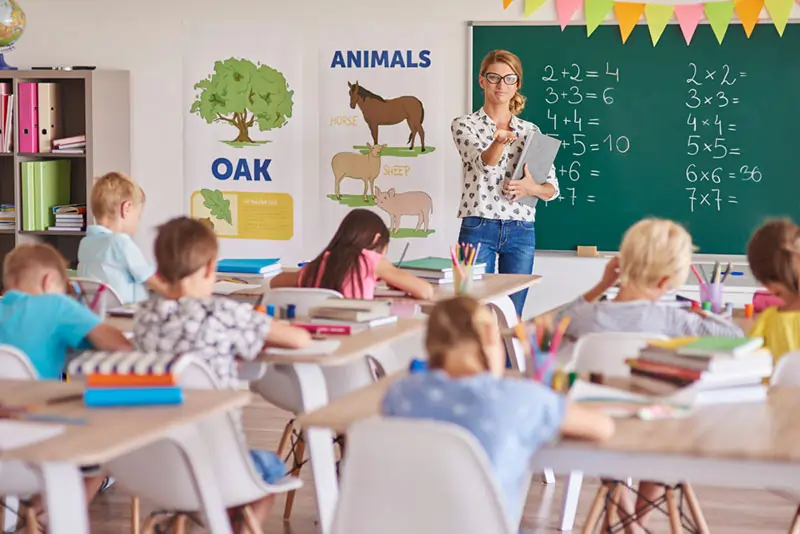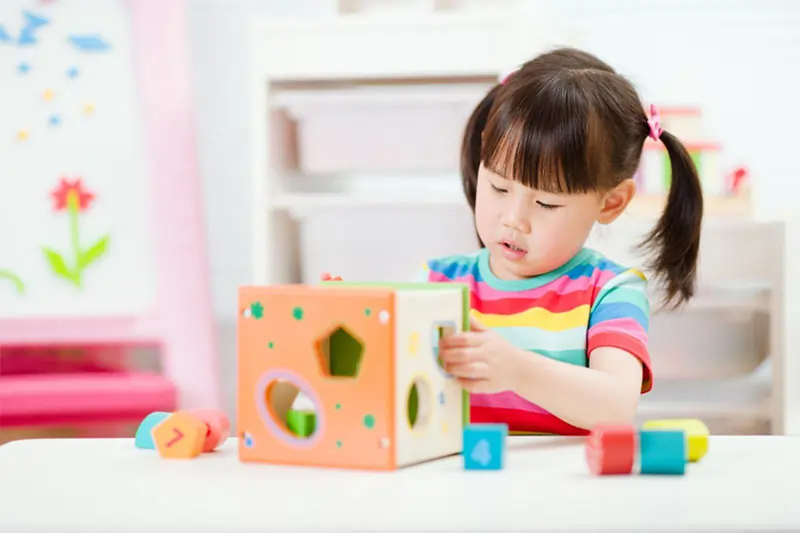Top Five Habits of Successful Teachers – Expert Tips for Educators

Teaching and training youngsters to face the world. Imparting knowledge. Training young people in skills needed for life. Witnessing the physical, intellectual, social, mental and spiritual growth of young people. Isn’t this the life of a teacher?
As is the case of any profession, there is always scope for improvement in the performance of a teacher. Let us see the top five habits of successful teachers.
Related: How to Make Learning Fun With Teaching Strategies
1. Do what you say
Mrs. Sanders, a Maths teacher, gives homework. She warns the class that if anyone does not do their homework, they will have to stay back after school, and cannot go home until they finish the work. Nathan comes to class without doing his homework. The teacher doesn’t do anything about it.
Do you see what happened here? The teacher did not do what she said she would do, which was to ask the student to stay back after class. The next time she tells the class to do homework, it is likely that more students will turn up without doing the work. This is because the teacher did not do what she said she would do.
If you say that you will punish, then do punish. Mean what you say. Act on what you say. Do not say or commit to things that you cannot do. Saying something and not meaning it or not doing it is a sure way to lose the students’ confidence, trust and belief in the teacher. Students need a teacher who they can count on, they can trust.
2. Give clear instructions
Children like to be given clear and detailed instructions on what they have to do in a given situation. ‘You should always be polite’ is not a clear instruction for children. What do they have to do if they want to be polite? When responding to an adult, you must answer by saying ‘Yes Maám’ or ‘No sir’. Just nodding your head, or answering in a way other than yes or no is not acceptable. This instruction is clear and tells the children what they have to do. Teachers should not make up rules as and when they please. There should be procedures and rules in place before the school year starts, and the teachers have to convey these very clearly to students as well as their parents.
Related: Effective Teaching Strategies of Maths
3. Plan what you will do in class
Most schools have a lesson plan system. Make use of it to plan your classes down to each second. If you want to give some unstructured talking time to students during your class, even that should be put down in your lesson plan, and that unstructured time also should have a purpose. Ideally, a lesson should have an introductory phase, the actual teaching phase, and a closure phase. Each of these phases may have several components. For example, in the closure phase, the teacher may plan to conduct an oral assessment of what was taught on a particular day. If this is the case, plan how many questions you will ask, what questions those will be and what you will do if students give wrong answers. Plan also what kind of methods you will use. Methods of teaching can be such as lecture, brain storming, group discussion and so on.
4. Preparation. Preparation. Preparation
This cannot be emphasized enough. Good teaching needs good preparation. Before going to class, you have to gather everything needed for your class. This includes teaching material such as pens and pencils, or laptop and textbooks. The material that you are going to present in the class should be with you. You should have mentally gone over the material yourself before the class. It is important to note that knowledge of the curriculum, as well as pedagogical practices, as well as a supportive working environment, are vital for good preparation for lessons by any teacher.
5. Reflecting on lessons
It is said that an unexamined life is not worth living. In the same manner, unexamined teaching is also not worthy of being called great teaching. After a particular lesson is over, the teacher should be able to sit down by herself and reflect on the lesson; whether the lesson achieved what it set out to achieve at the planning stage, whether the teacher managed the time well, whether the teacher could manage the time effectively, whether the teaching materials were adequate etc. The value of reflection is that one will be able to be aware of where one stands as far as teaching quality is concerned. Armed with this awareness, improvement strategies can be adopted.
Related reading: Teacher Resources

